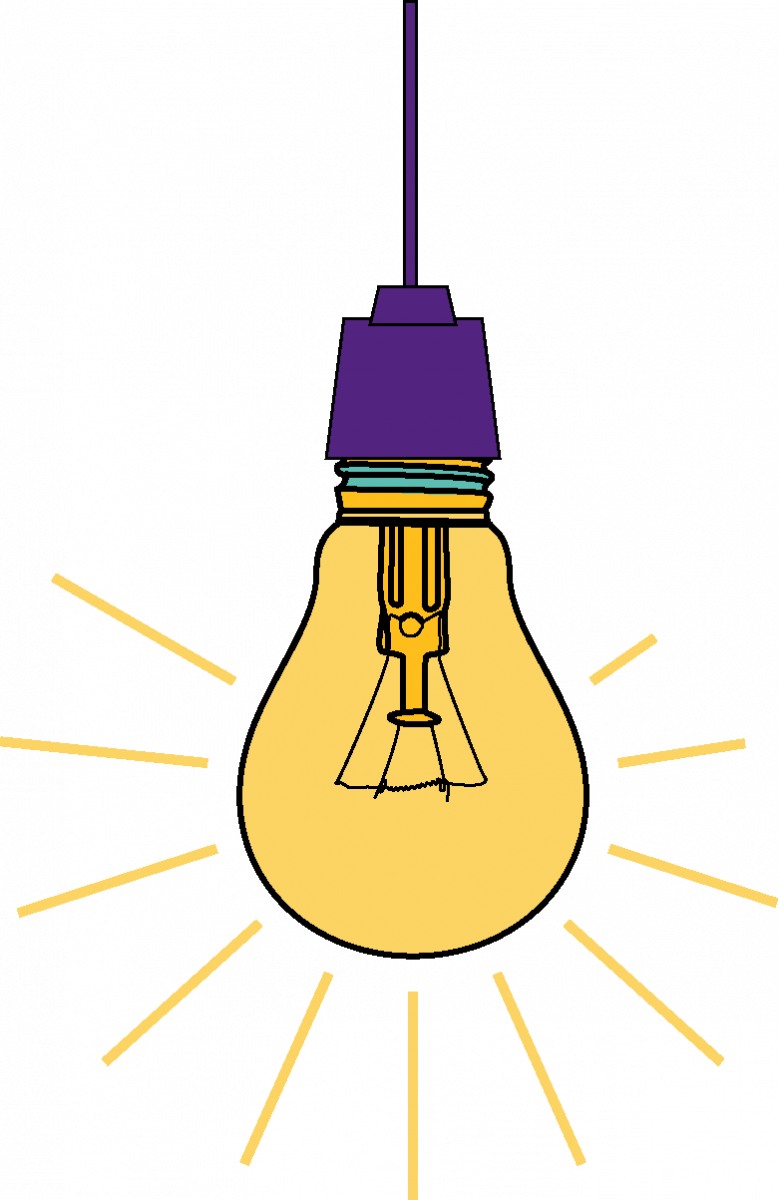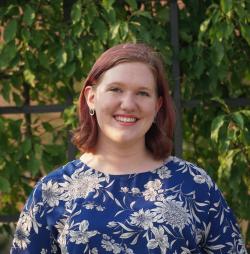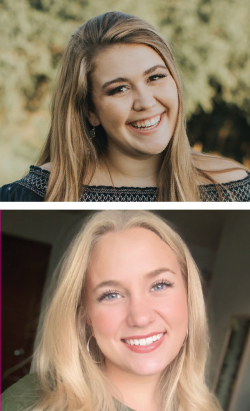Exploring new ideas, making big discoveries & shining bright.

The INSPIRE Student Research & Engagement Conference combines forces with the Graduate College to highlight hands-on student experiences.
Undergraduate and graduate research and hands-on engagement opportunities play a significant role in what makes UNI shine bright.
In the College of Social and Behavioral Sciences, we are extremely proud of the students who present during our annual INSPIRE Student Research & Engagement Conference.
The conference has been around for a significant amount of time, but through recent years has grown to be more inclusive of students from all programs. As the name implies, it also now highlights, along with research projects, experiential opportunities such as internships and practicums, volunteering, club activities and more.
Despite the multiple challenges students faced, this year’s conference was as robust as ever, featuring majors from across multiple colleges, including our very first creative group performance from the UNI Orchesis Dance Company. This was, in part, thanks to a new partnership with the Graduate College, who merged their annual conference to make one dynamic experience to showcase students’ work.
As with many 2020-21 activities, the conference was held virtually, which allowed the opportunity to share across a wider audience.
Read on for highlights from just a few of our many talented students. All projects are available to review online at inspire.uni.edu.
Lessons from death & dying
Research and relationships help grad prepare for law school

Spring 2021 graduate Bekah Bass focused her senior thesis on a topic not often looked at by undergraduates — studying the differences in death attitudes across various demographics.
“I've always been interested in reading and learning about [death],” said Bass. “And I noticed there isn’t a ton of research on death attitudes, especially across different demographic groups.”
Her research looked specifically at how age, gender, religion, income and education affected a person’s beliefs and attitudes about death and dying.
Her findings found that, similar to previous research, women showed significantly higher levels of fear of death than men. As people age, their negative death attitude scores decline, while all types of acceptance increase. And those who are religious (primarily Christian in her sample) had higher levels of acceptance than non-religious individuals.
The notion of looking at income and education came from her data sets, which showed interesting correlations between death acceptance of those with advanced degrees and higher salaries.
This finding particularly interested Bass, as one of the many things that intrigued her about the study of death are the social justice aspects people don't always think about. “This was my opportunity to dive into that … a really niche area of social justice … and add something to the conversation,” said Bass. “And so, I think it also kind of helped reinforce for me that you can work towards justice and equality, and all these positive things to better society, in a lot of different ways.”
Bass doesn’t know if she’ll continue to study death, as she looks forward to studying law at George Washington University in Washington, D.C. this fall. But she does know that the foundational experience of diving into research will certainly help, and that being able to look at different kinds of social realities will only be of benefit for her future career.
For incoming Panthers? She’d highly recommend taking part in UNI's undergraduate research experiences. Whether that’s co-authoring a paper with an advisor or diving into one's own, in-depth study. “Even if people start small, I think it's hugely helpful and important,” said Bass. She touted not only the experience she gained in research and statistics, but also more generally in critical thinking, time management and self motivation.
Above all, she appreciated the strong relationship it helped build with her advisor. “I think one of the reasons why I got into law school was her letter of recommendation,” stated Bass. “Making connections with faculty or other students ... these relationships are a huge benefit and will continue to help you throughout and beyond your college career.”
Experience in school counseling

Many students are drawn to the psychology major without being quite sure of their future path. But, thanks to the cooperative education offerings at UNI, students have an opportunity to try one on for size.
This is what led both senior Carli Gasiway and Emily Kaus, ‘21, to shadow the school counseling offices of Peet Junior High and Cedar Falls High School in the spring of 2021.
Under the supervision of alumna Rebecca Lins, ‘04, Gasiway remarked that no day was ever quite the same. Kaus agreed, “Our motto was, ‘there is no such things as a typical day.’” Her supervisor, alumnus Andrew Eisenman, '17, informed her straight away that he had long stopped trying to make a daily schedule, as it would just be thrown away within the first few minutes.
But both students thrived in this environment, learning hands-on what each day might entail, from one-on-one counseling sessions, group sessions, monitoring lunchtime antics, scheduling appointments and more. “I basically did everything my counselor did,” said Kaus.
Their advice to fellow psychology students? Stay open to possibilities and take advantage of all of the opportunities that are available within the department. When something in class interests you, even a little bit, stop and ask your professor to tell you more about it. Talk to your advisor about various career paths and then try a cooperative education experience or internship. Maybe you'll find something you love, or something you don’t like so much. But that’s part of the process too, discovering what you don’t like can help shape your future just as much, if not more.
For Gasiway and Kaus, their paths are set. Kaus will enter UNI’s School Psychology program this coming fall. Gasiway is set to graduate in spring 2022. She hopes to continue to gain counseling experience within her time at UNI, preferably within a high school setting to help round out her exposure to different age ranges.
At the INSPIRE Conference, the students enjoyed listening to their respective experiences and about other students’ internships. “It was cool to kind of take the blinders off and be like, ‘Okay, I'm done. Now, let's see what everybody else was focused on this semester.’” said Kaus. “And [when] you're committed to doing this for an entire semester … you're going to be really passionate about it. People got really fired up about [their projects] … they found their thing, and were like, ‘this is what I want to do.’”
